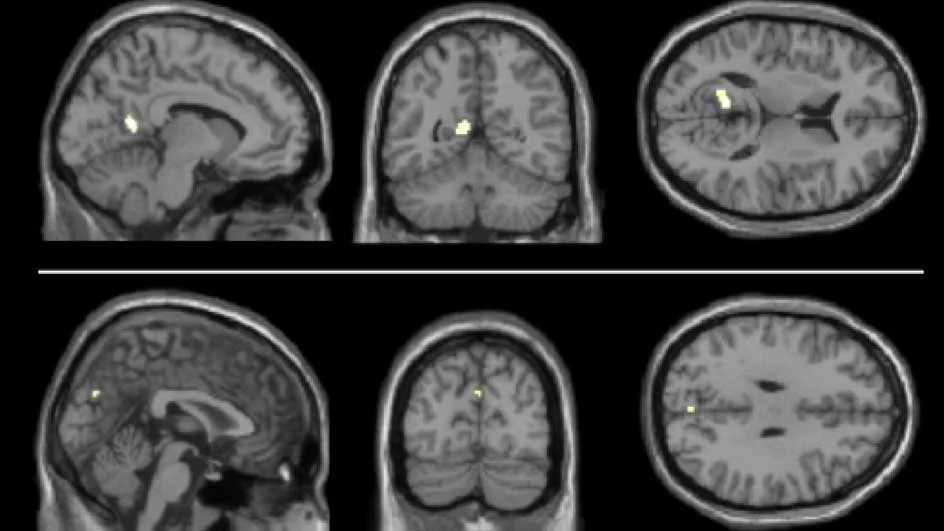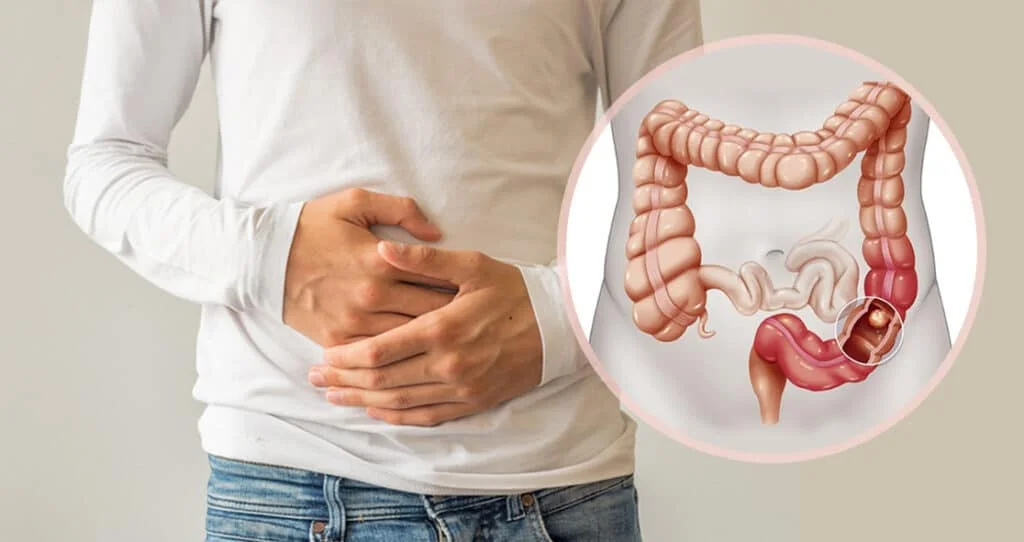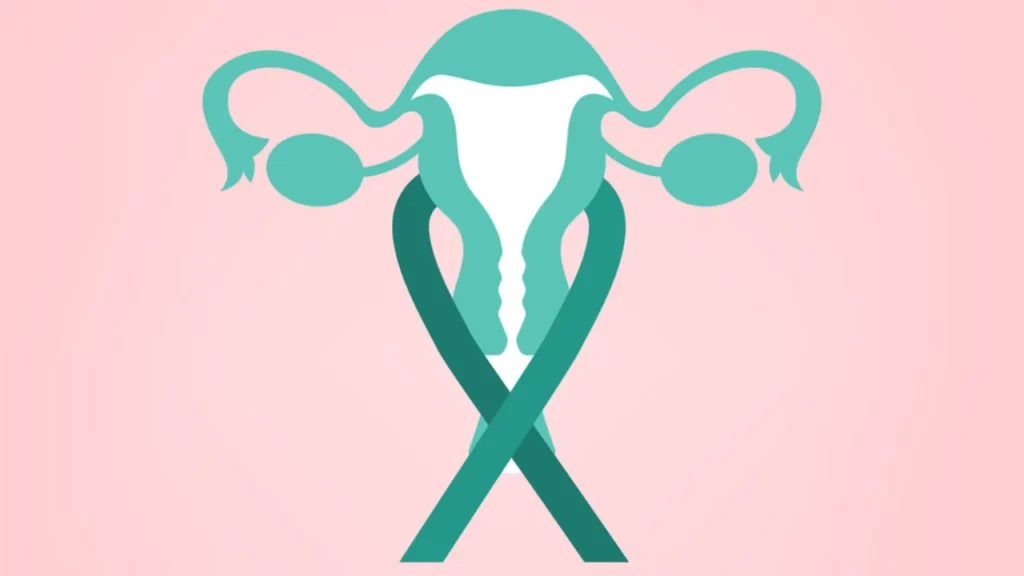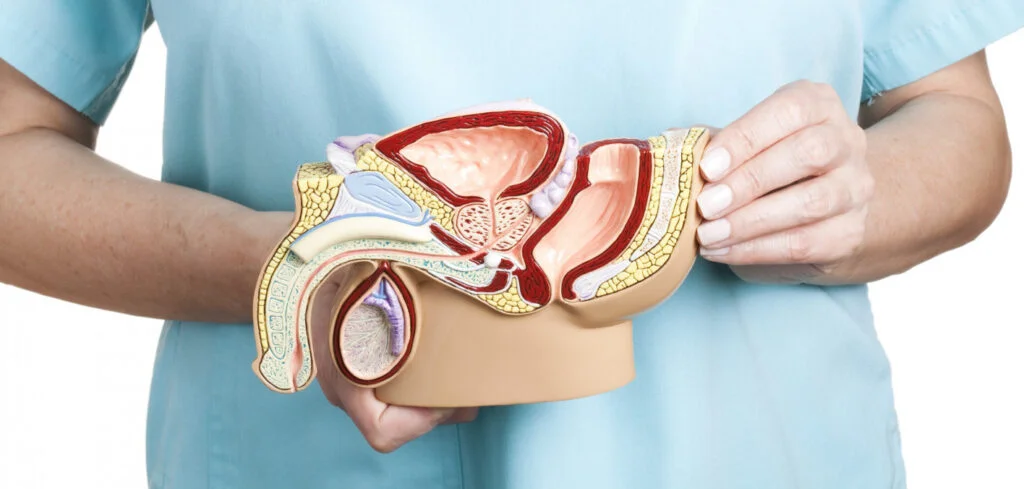This cancer usually affects middle-aged people and originates in the large intestine, also known as the colon or rectum. Although this type of cancer is largely preventable, its mortality rate is somewhat lower compared to other types of cancer.
With a colonoscopy, polyps can be removed before the procedure. Its development into a malignant tumor. In this procedure, the doctor uses a long, flexible endoscope to examine the entire colon and rectum, after placing the patient under a mild sedative.
This examination requires bowel preparation to empty and completely clean the colon. It should be noted that this procedure is usually repeated once every 10 years, unless the examination reveals the presence of polyps, or if these polyps are present, or if colon cancer runs in the patient's family.
 English
English










